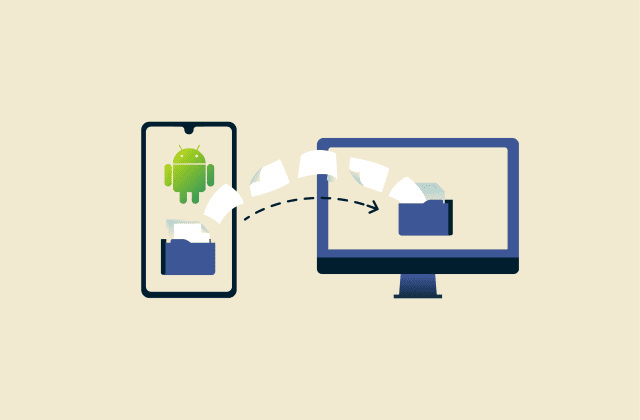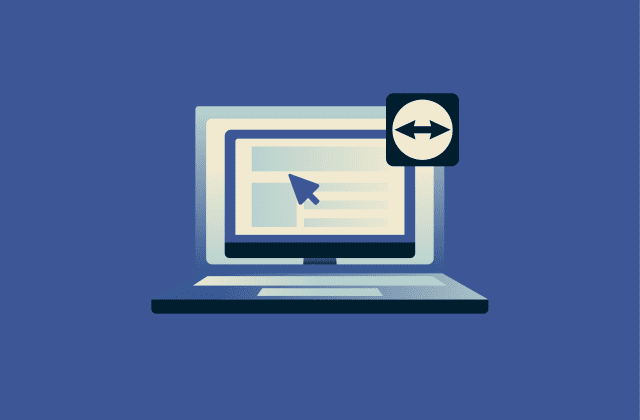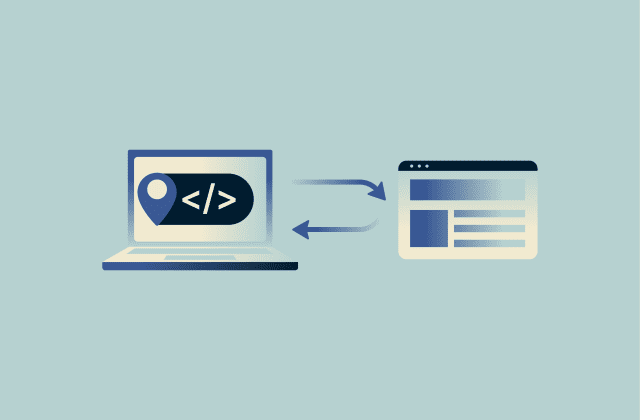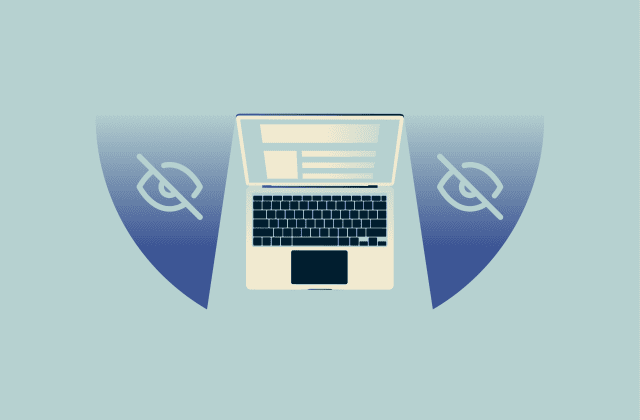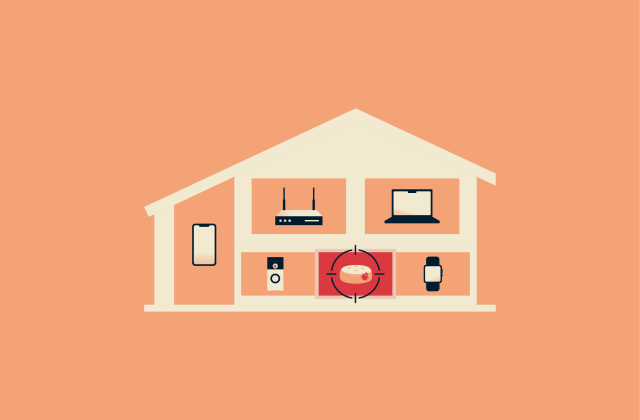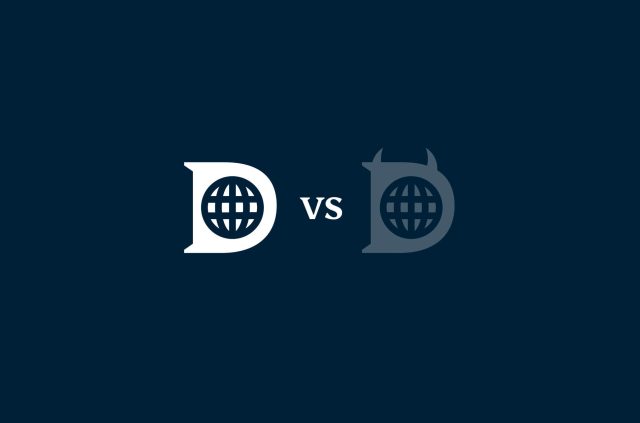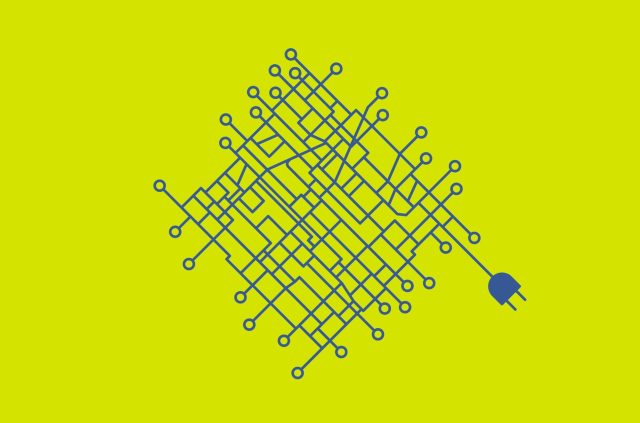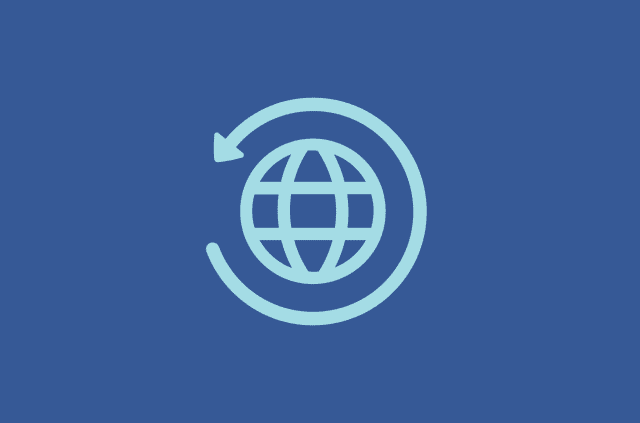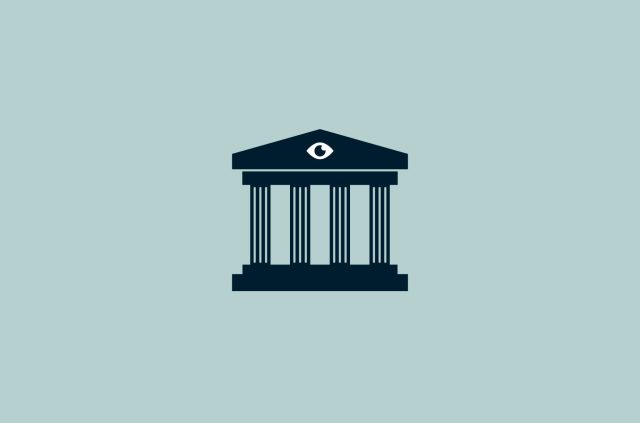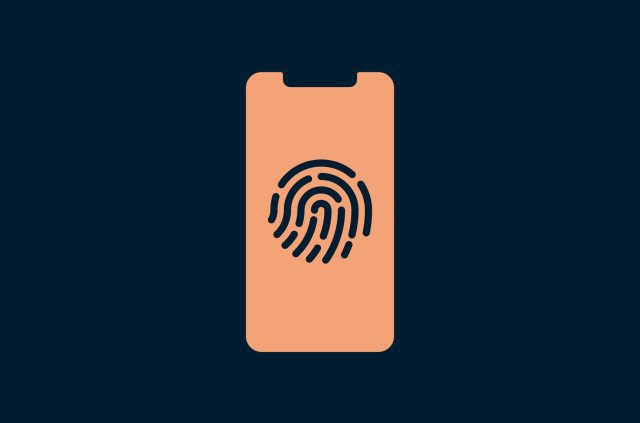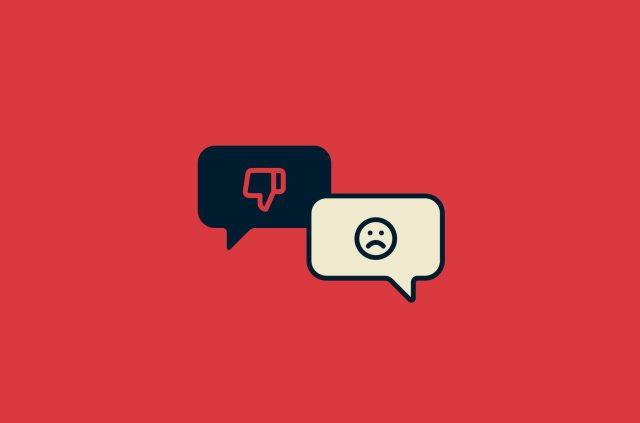Would you trade your privacy for free apps? Some don’t have a choice.

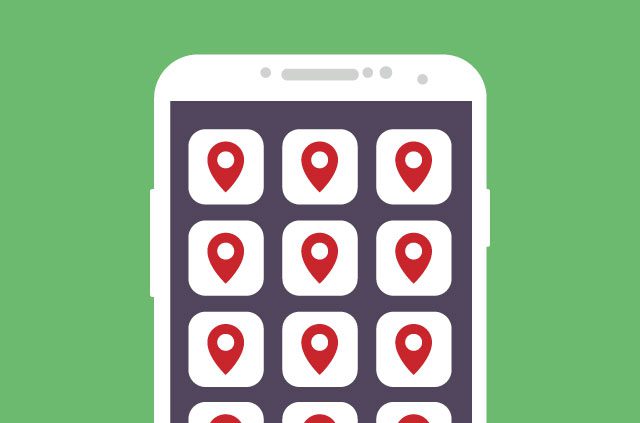
Every time you grant an app permission to access your contacts or listen to your microphone, you’re giving the app developer carte blanche to do what they like with the data. Some of them might share it with another firm. Others might not. But they’re definitely collating all the data points to build a comprehensive digital profile so you’re more likely to click on an ad or spend more time in the app itself.
Researchers at the University of Oxford analyzed almost a million apps in the Google Play store across the U.S. and the UK. Their findings might (or might not) surprise you: Over 90% of apps were set up to track and relay information back to Google. The apps also shared user data with a median of 10 third parties, while nearly one in five apps distributed data to more than 20 entities.
The iOS app store isn’t much better, despite Apple’s claims to the contrary.
Aggressive data collection doesn’t make for great optics. But let’s take a step back and examine the larger dynamics at play.
Data collection makes free apps possible
Apple’s decision to open up the iOS app store for third-party developers was a complete masterstroke. That’s despite Steve Jobs’ reported resistance to the idea: The early versions of the iPhone only shipped with Apple-developed apps.
But Jobs was wrong and, luckily for Apple, his views didn’t prevail. Between July 2010 and December 2017, consumers downloaded over 170 billion apps and spent north of 130 billion USD in the app store.
And with Apple banking 30% of each app store sale, it’s fair to assume that the company would have been a few billion dollars poorer without the help of global development community.
At this point you might ask yourself, if so many consumers are willing to pay for the apps they use, then why do developers resort to tactics such as tracking data and targeted advertisements? They’re already raking in millions from app store sales, so why risk consumer backlash and antagonize the larger community?
One explanation is that consumers willing to pay for apps overwhelmingly reside in rich countries. These apps tend to have better privacy policies because the income generated comes from subscriptions, not the sales of data.
But what about the huge populations that cannot afford to pay for high-quality app services? It’s the free apps they turn to, and those apps in turn have to make money by other means.
We’re quick to admonish developers for invading our privacy, but have we ever considered the idea that they might actually be opening up the internet to those that desperately need it?
Apps for the haves and the have nots
For every free fitness app that tracks and monitors our exercise habits and shares them with third parties, there’s a paid version that won’t spy on us. It’s a similar story with menstruation apps, health apps, and others. The app ecosystem has offered consumers a choice: Pay cash upfront or enjoy our products for free but be willing to share data so we can make money somehow.
For rich consumers, the choice is clear. They don’t think twice about lining up outside Apple stores so they can be the first ones to get their hands on the latest model, nor does it bother them to pay 10 USD per month for Spotify and more for Audible or a premium subscription to Tinder.
Millions of dollars in subscription fees allow apps to build robust development teams and niftier, privacy-focused products. But they’re also fueling the rise of an internet that’s heavily skewed toward the rich.
It’d be great to banish all security concerns by declaring that consumers should simply fork over money if they wish to download apps.
But that idea would be the antithesis of why the internet first came into existence: To break down barriers to communication and knowledge. If we were to move toward a walled-off version of the internet, we’d be doing a great disservice to the vision of its original founders.
The power of technology for all
It’s working, too. Mobile communications technology is proven to help the poorest of the poor. In Kenya, for example, fintech company M-Pesa has helped nearly 200,000 people escape poverty and promote financial inclusion for those who didn’t even have bank accounts.
The World Economic Forum believes smartphones can help eliminate global poverty as they help people access critical information and tools. And if you’re looking for an example closer to home, how many times have you heard of people learning how to code through YouTube and changing careers as a result?
Don’t get me wrong, I’m still against egregious breaches of privacy, as we saw with the Cambridge Analytica scandal. Part of the problem is oversized tech companies that believe they can get away with anything. But the answer is not a universal outcry against data tracking.
We all value our privacy. If you want to maintain it, install an ad-blocker. Use a VPN. Only buy iPhones and paid apps. But we have to think of ways that don’t restrict the internet from helping those less fortunate. For them, the tradeoff might not be a big deal. But it can be the key to a prosperous future.
Take the first step to protect yourself online. Try ExpressVPN risk-free.
Get ExpressVPN
